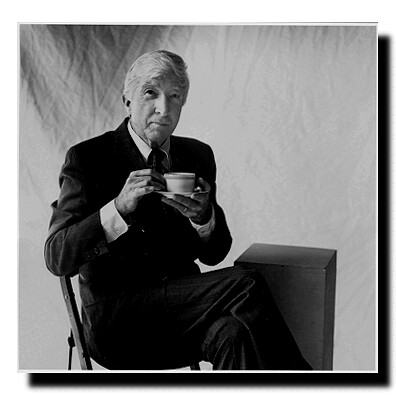John Updike has passed away at the age of 76.

I can't claim I've read a ton of John Updike--and, in fact, there is a ton to read. The man was a prolific writer, including an extended career as a literary critic. Less then a week ago I used his review of Haruki Murakami's Kafka on the Shore in a book club discussion, and his insightful assessment that "it seems more gripping than it has a right to be and less moving, perhaps, than the author wanted it to be" really captured what a lot of us were feeling about the book in a more elegant, succinct fashion than we might have gotten to on our own.
It's funny, because he is an author I had to learn to like. As a youngster, I reacted rather negatively to what I perceived was the work of an old fart and declared his short story "A&P" as one of the worst things I'd ever read. That must have been in high school, because when I read it in college as part of one of my courses, I ended up feeling completely stupid. His powers of observation in that story are incredible. Had I only realized then that the eye for detail possessed by an old far was not that far off from the eyes of an adolescent boy, I'd probably have read a lot more. Consider:
"She was a chunky kid, with a good tan and a sweet broad soft-looking can with those two crescents of white just under it, where the sun never seems to hit, at the top of the backs of her legs."
I always remember that description, because it was what turned me off! I was very puritanical as a teen, despite being just as lusty as any other hormonal male. I think I had it in my head that you could notice such things, but you don't point them out. (My work still has a fairly obvious lack of sex most of the time. What can I say? I'm a prude.)
Updike also provided a model for having an ongoing character that an author could follow through different ages and states of being. Alongside Roth's Zuckerman, Updike's Rabbit was an inspiration for how to handle my own character, Lance Scott, through various different books. In a way, it's a device for letting your reader grow old with you, signposts along the path of life.
The man's passing leaves a sadness not unlike the epiphany he describes in the last line of "A&P":
"...my stomach kind of fell as I felt how hard the world was going to be to me hereafter."


No comments:
Post a Comment